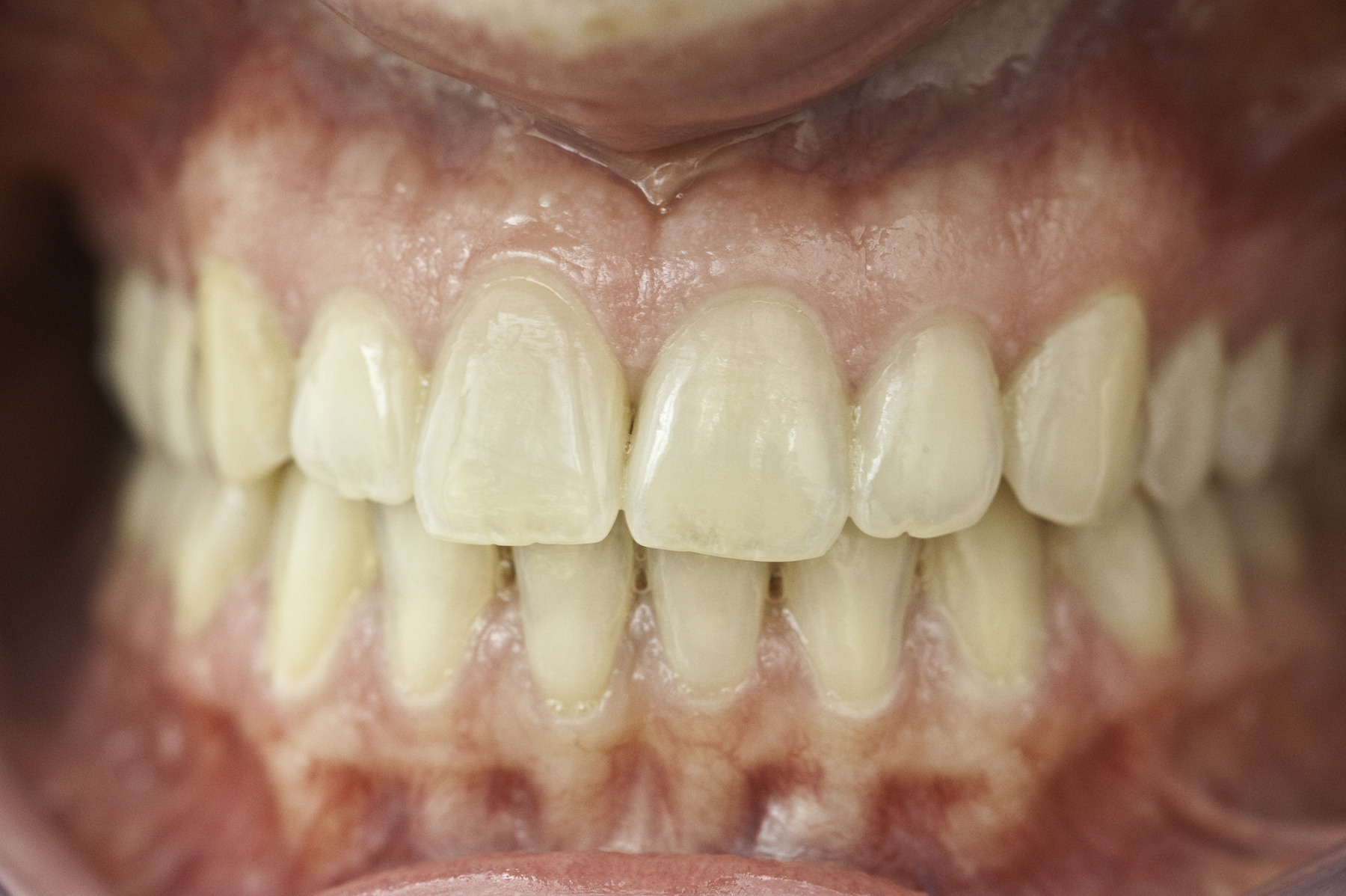What is gingivitis?
Gingivitis occurs when plaque and tartar present in your mouth is not effectively removed and is allowed to build up, particularly around the gum line. This irritates your gums, leading to inflammation of the gum tissues. The symptoms of gingivitis include red and swollen gums that bleed when brushed, tender gums, and bad breath.
What is periodontitis?
Periodontitis, the later stage of gum disease, is an inflammatory disease which affects the bone and soft tissues that support teeth. If gingivitis is left untreated, the tissue breaks down, forming pockets that can fill with bacteria and cause your gums to recede. The symptoms of periodontitis include redness, swelling, loose teeth, bad breath, and teeth that appear longer due to gum recession. It can’t be reversed but can be controlled.

We were thrilled and incredibly proud that we were London Finalists for Practice of the Year at the prestigious Private Dentistry Awards 2024!



;)





